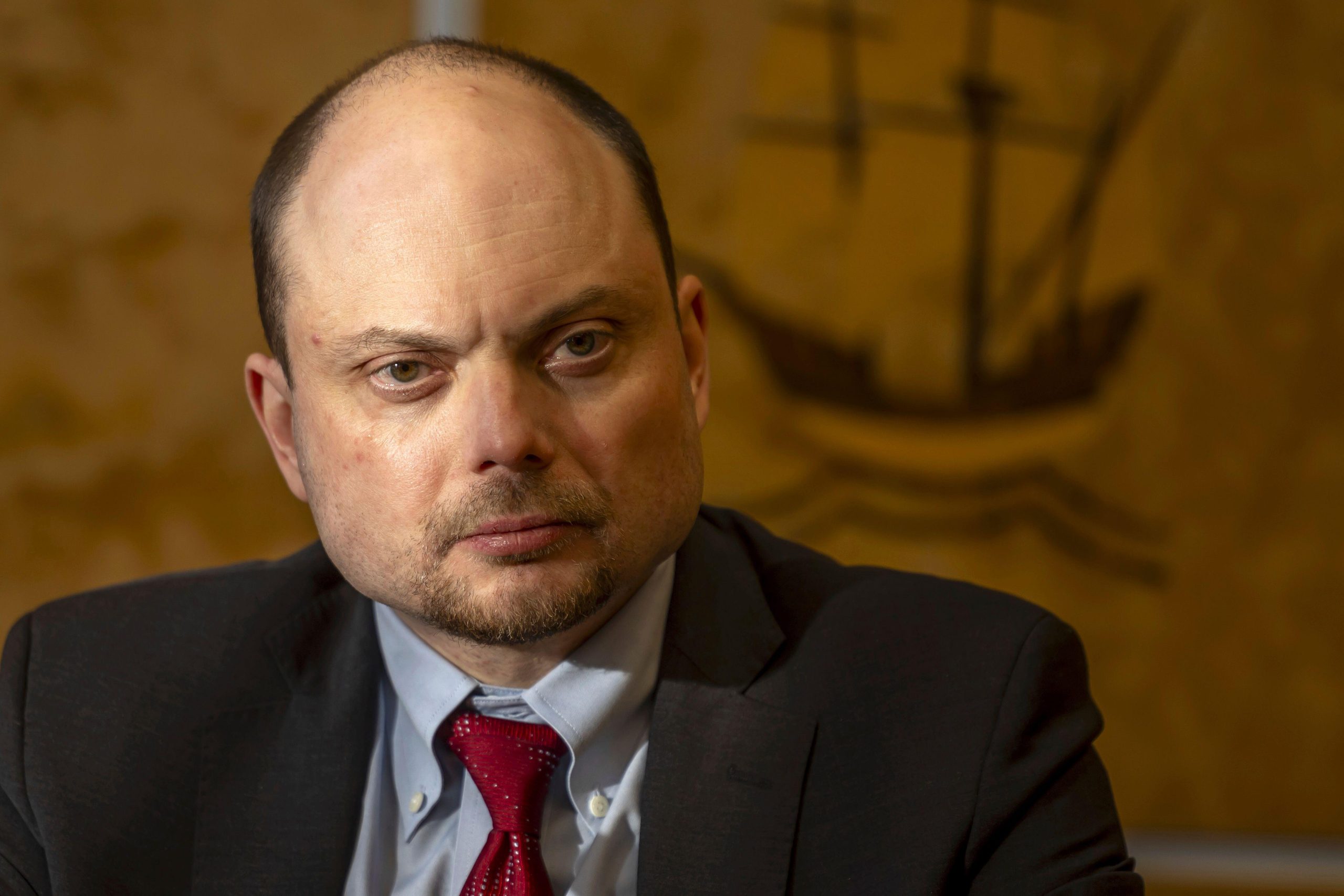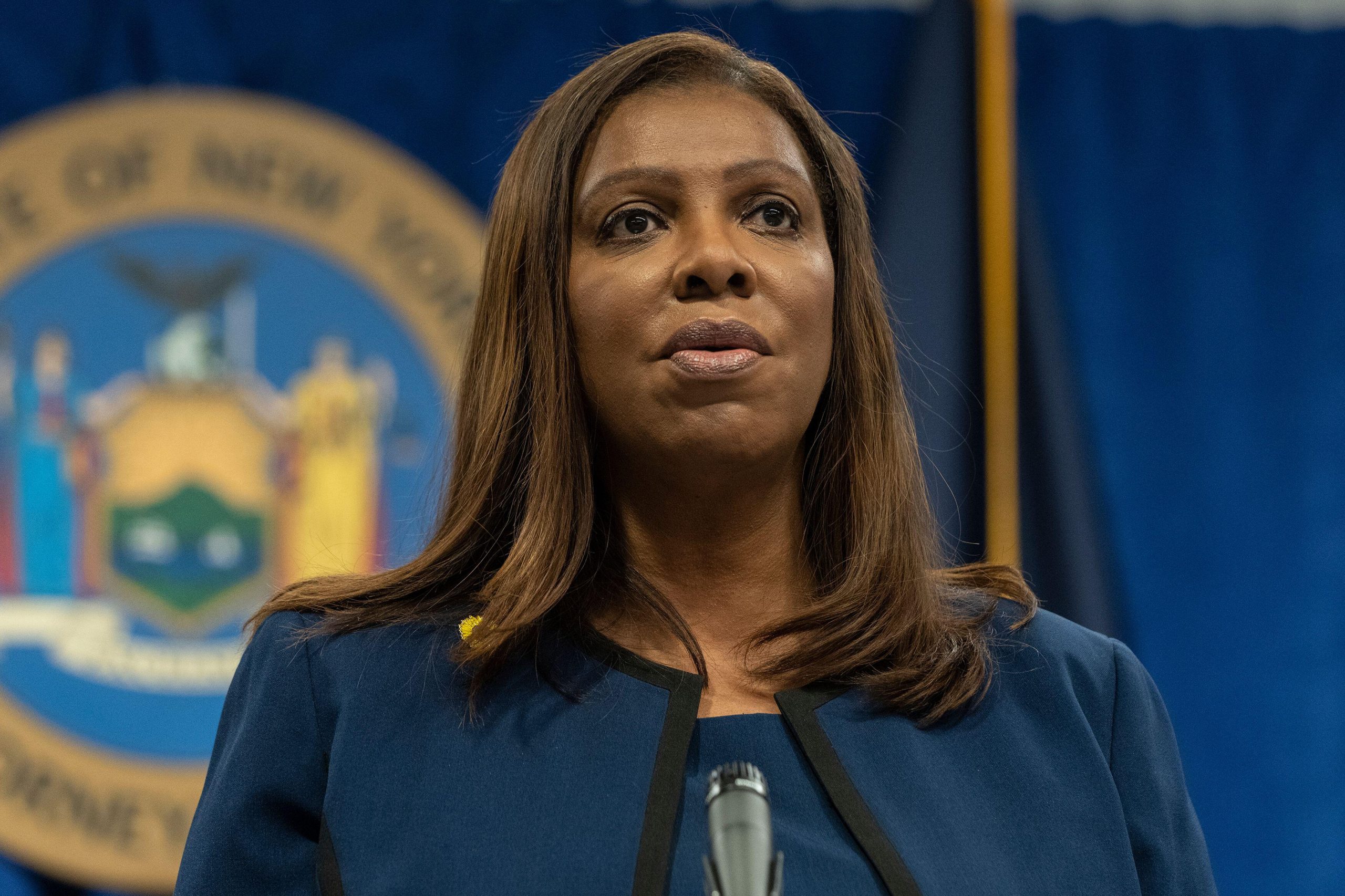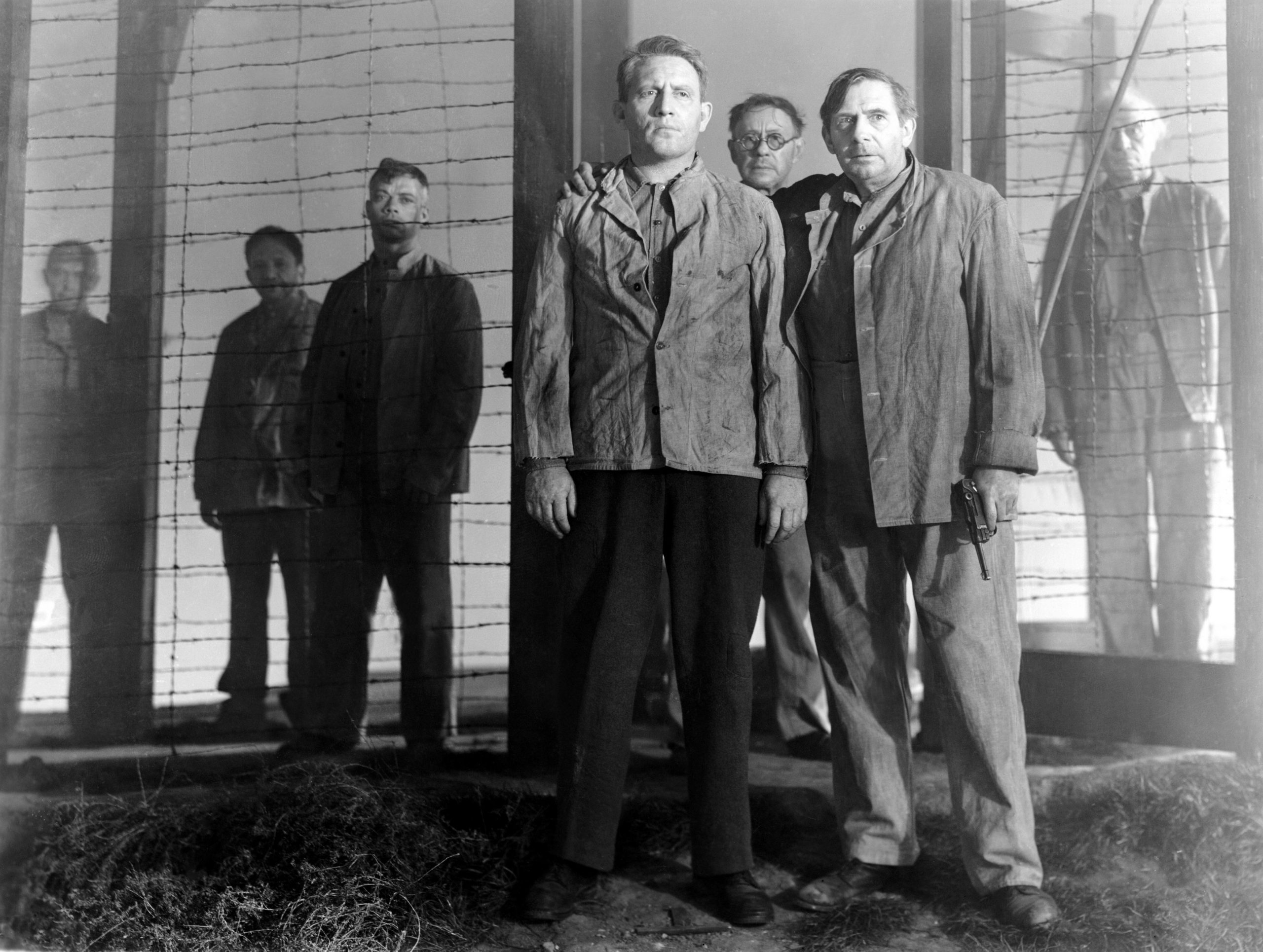A judge from the Brazilian state of São Paulo has barred a protester from an allegedly illegal construction site or even posting about it on Facebook. It’s the latest in a string of rulings targeting social media in the country. Rafael Spuldar reports
In 2011, 49-year-old agricultural engineer Ricardo Fraga Oliveira started protesting the construction of a large apartment building in the upper-middle class neighbourhood of Vila Mariana, where he lives. He claimed the development is being built on a stream bed, which violates São Paulo’s regulations that govern construction sites. Oliveira and his supporters believe the site, which was wooded before work began, should have been a park.
Seeking to attract as much attention as possible, Oliveira launched a series of protests. On one occasion, he posted a chalkboard on the fence, allowing neighbours to write their thoughts about the works. On another day, he enlisted the aid of a samba group to perform in front of the site. City and state lawmakers took part in the samba protest and a video was posted on YouTube.
Oliveira also created a Facebook fanpage called “O Outro Lado do Muro” (The Other Side of the Wall), made up almost entirely of attacks on the building’s works.
The construction company, Mofarrej, says it was never notified by São Paulo’s authorities about any irregularity on the site. However, Oliveira’s lawyer Renato Silviano Tchakerian claims to have proof that the City Hall already admitted the existence of a stream at the site, which should have scuttled the project according to the city’s urban code.
Mofarrej filed a lawsuit against Oliveira, claiming his protests were slanderous and offensive against a private initiative. They also said he harassed and discouraged potential apartment buyers. The company demanded his Facebook fanpage be suspended and asked for a restraining order banning the engineer from an area of 1 kilometer around the construction site.
“The right of expression has limits, because the company also has the right of free initiative”, said Mofarrej’s lawyer Daniel Sanfins to the O Estado de S.Paulo newspaper.
Oliveira’s lawyer denies his client harassed any potential buyers, and defends every person’s right to protest against the works.
“This is a private undertaking, but its effects are public, there is public interest involved in it “, says Tchakerian.
In February, a judge determined that Oliveira would be forbidden to circulate on the construction area’s block and ordered the Facebook fanpage offline. After his lawyer appealed the ruling, the judge maintained the restraining order, but determined that only the mentions about the construction works or Mofarrej should be removed from Facebook. Oliveira ultimately decided to suspend the fanpage, since most of its posts criticized the building or the construction firm. His personal profile on Facebook is still online.
Tchakerian considers the court’s ruling to be “very dangerous” for free speech in Brazil, since it can serve as a precedent for future lawsuits involving social media.
“Brazil’s Federal Supreme Court has already pronounced itself about freedom of expression, considering it to be a right higher than other rights, for it’s the way through which democracy is put in practice”, says Oliveira’s lawyer.
“This ruling is exaggerated because it does not act specifically over the offense. It attacks the right to speak out about the constructor and to mention the building [on social media].”
This case is another example of a recent trend in Brazil’s courts of issuing controversial rulings about social media, internet content and free speech.
In April this year, a judge from the city of Limeira, São Paulo state, banned lawyer Cássius Haddad from logging into any social media. Haddad was criminally cited by the State’s Public Ministry for posting attacks against prosecutor Luiz Bevilacqua on the internet. Haddad denies having committed any crime, and he can go to jail if he logs into Facebook or Twitter.
The judge ordered Facebook and Twitter to inform the court if Haddad logs into his accounts. The providers should also send to the court monthly reports of all the attempts made by the lawyer to access their websites.
In September last year, Google’s top executive in Brazil Fabio Coelho was temporarily detained by order of a judge from the state of Mato Grosso do Sul. He demanded the removal of YouTube videos considered offensive against Alcides Bernal, a mayoral candidate in the state capital Campo Grande.
Since the video wasn’t promptly deleted, Coelho was held responsible. He was questioned by federal police and released shortly after. He later expressed his concern about the episode, saying it had “intimidating effects” on freedom of expression.
Brazil does not have specific laws governing online content. In November last year, a draft bill — called Marco Civil da Internet, or the Internet Civil Right Framework – was shelved by the Brazilian Congress. According to experts, Marco Civil could have guaranteed basic rights for users, content creators and online intermediaries and established that providers are not responsible for user content.
An earlier version of this article incorrectly identified the site as having an underground stream. It is actually a surface stream or small creek bed.




